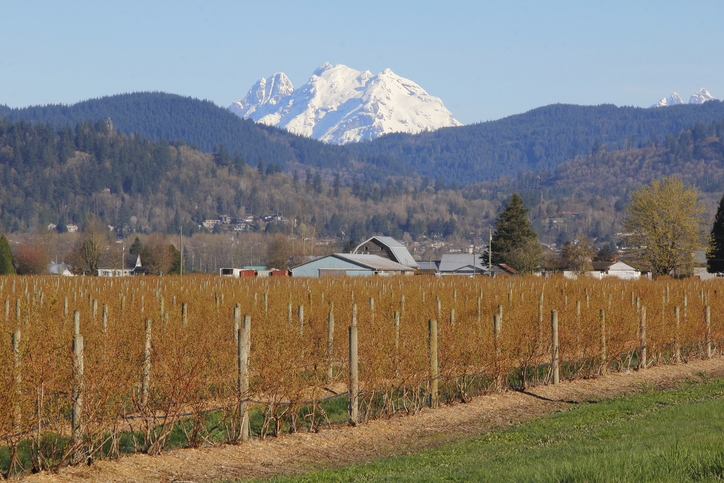Nearly half of the Fraser River basin is expected to transition from one that is snow-dominated to a primarily rain dominated regime by the end of this century. This is in response to projected global warming, according to a new hydrology study based at the University of Northern British Columbia (UNBC).
Dr. Stephen Déry, a UNBC environmental science professor, and Dr. Siraj Ul Islam, a UNBC environmental science research associate, ran a hydrological model for 150 years, from 1950 to 2099, using future climate projections from 21 global climate models.
The projections show in a future, warmer climate that as the ratio of snow to rain declines, river flows peak earlier in the year with reduced volume. Runoff in the cold season (fall and winter) at the outlets of the Fraser River and its major tributaries increase substantially and its year-to-year variability more than doubles compared to the historical time period.
The research is published in two scientific journals: Geophysical Research Letters (Atmospheric rivers increase future flood risk in western Canada’s largest Pacific River), and the journal of Hydrology and Earth System Sciences (Quantifying projected changes in runoff variability and flow regimes of the Fraser River Basin, British Columbia).
Dr. Déry and Dr. Islam are the co-authors of the papers.
“Our work is the first to directly investigate the impact of these ‘rivers in the sky’ on ‘rivers on the land’ using climate model projections,” said Dr. Islam. “The results presented in both papers could provide useful guidance for future water management and decision-making in the Fraser River Basin.”
Despite the steady decline in the snowpacks in the Fraser River Basin in the coming decades, modelling suggests the projected increase in cold season rainfall may lead to peak annual floods that rival or exceed historic record levels by the end of this century.









